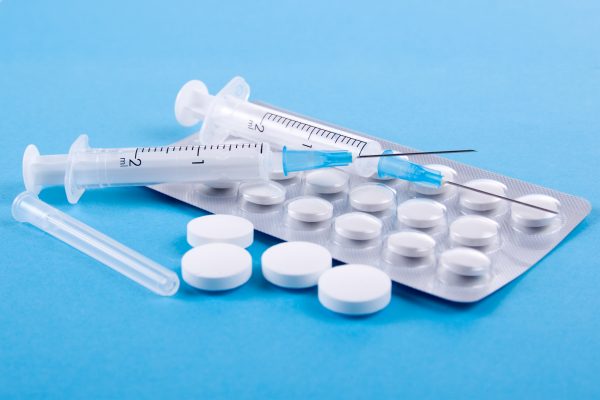
An 11th-hour settlement between two counties in Ohio and four companies will allow the latter to avoid a trial over the opioid crisis, according to a news report.
Citing attorneys, The Wall Street Journal reported Monday that Israeli drugmaker Teva Pharmaceutical Industries and the three largest drug distributors in the country – McKesson, Cardinal Health and AmerisourceBergen – had reached the $260 million settlement with Ohio’s Cuyahoga and Summit counties, respectfully home to the cities of Cleveland and Akron. The judge reportedly said the trial against a fifth defendant, Walgreens Boots Alliance, would be postponed after that company failed to reach a deal.
It was reported last week that the three distributors were in talks to settle the litigation for $18 billion.
The two counties’ cases were to be the first to go to trial among suits filed by more than 2,300 municipal, county and tribal governments from around the country that are part of the multi-district litigation. The case, known as MDL 2804, had been scheduled to start on Monday in the U.S. District Court for the Northern District of Ohio, with U.S. District Judge Dan Polster presiding.
Other companies involved in the MDL have also been seeking settlements. Last month, it was reported that Purdue Pharma, the maker of OxyContin (oxycodone), had reached a partial settlement that would involve resolving the litigation by filing for Chapter 11 bankruptcy and paying billions of dollars over the course of several years. However, some attorneys general balked at the idea.
Another company involved in the case, Mallinckrodt, saw its shares fall by about 40 percent amid reports last month that it had hired restructuring advisers and was exploring options that could involve a bankruptcy filing.
And last week, it was reported that a judge in Oklahoma had miscalculated a large chunk of the charges he imposed on Johnson & Johnson. The judge, Thad Balkman, had ordered J&J to pay $572 million in August after finding that the company had created a “public nuisance” in Oklahoma by helping to fuel the opioid crisis. J&J subsequently appealed the ruling, stating that Balkman had made a computational error with respect to a charge of $107 million that was part of the amount. The judge acknowledged last week that the charge should have been $107,000, which would pay for developing a program for treating babies born with opioid addiction.
Photo: Stuart Ritchie, Getty Images










